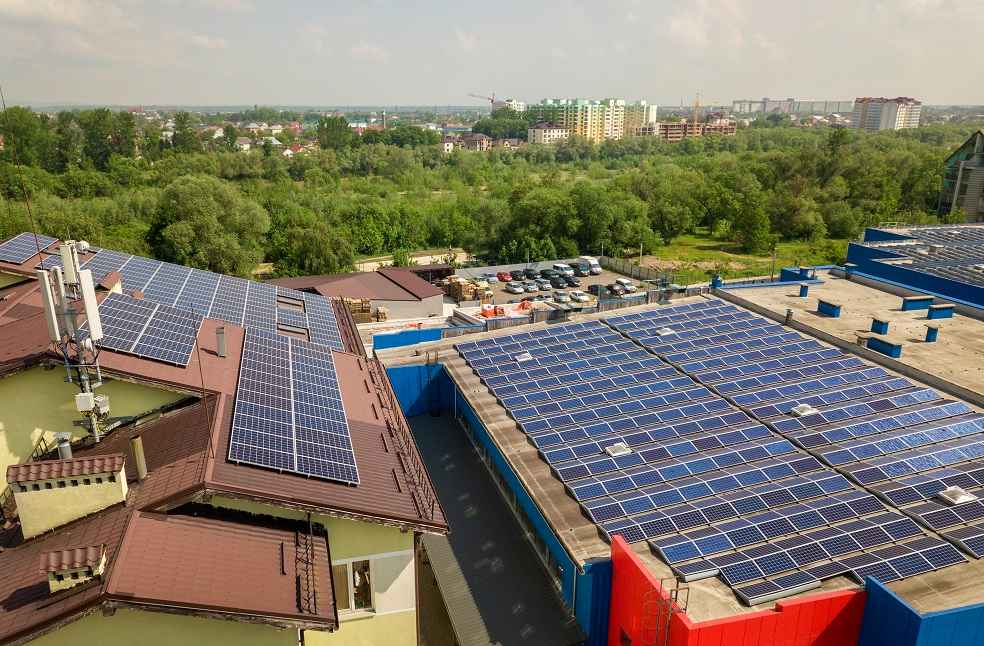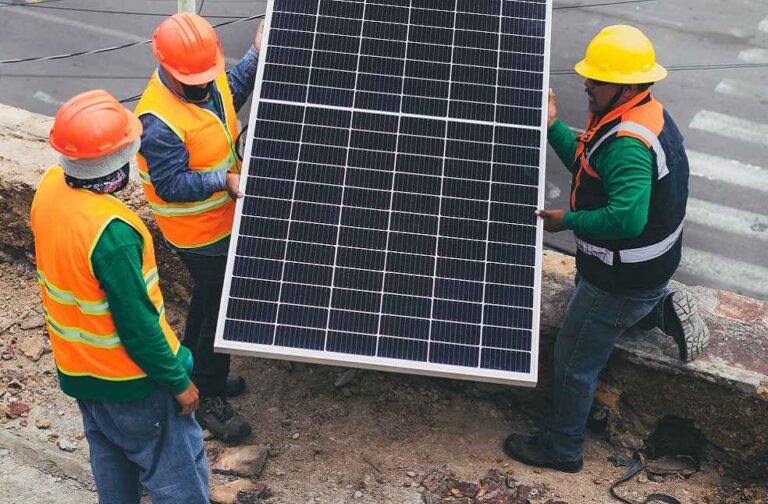India’s target to install 500 GW of renewable energy by 2030 could push the country’s solar equipment import bill to around $30 billion annually, warned a report by the Global Trade Research Initiative (GTRI). The report highlighted India’s heavy reliance on imported solar components, especially from China, which controls 97% of global polysilicon production and 80% of solar module manufacturing.
India installed 15 GW of solar capacity in 2023-24, bringing the total to 90.8 GW, compared to just 2.8 GW in 2014. To meet the ambitious 2030 target, the country needs to scale installations to 65-70 GW annually, with solar expected to account for over 80% of the target.

GTRI’s Founder, Ajay Srivastava, emphasized that India’s solar manufacturing industry is still in its early stages, with most projects relying on imported, ready-to-use modules. In 2023-24, India imported $7 billion worth of solar equipment, with China accounting for 62.6% of these imports.
Despite efforts to promote local production through initiatives like the production-linked incentive (PLI) scheme, India’s solar industry remains heavily import-dependent. About 90% of local solar manufacturing involves assembling modules from imported cells, adding only 15% local value. The report underscored the need for substantial investment to create an integrated supply chain, starting from silica refining and polysilicon production, which are critical but energy-intensive processes.
The report also highlighted that solar cell imports from Vietnam, Malaysia, and Thailand remain exempt from customs duties under the India-Asean Free Trade Agreement, allowing these countries to become key suppliers to India. To reduce dependency on Chinese imports, India has imposed a 40% duty on solar modules and 25% on solar cells from non-FTA nations.

GTRI proposed seven steps to boost domestic manufacturing, including increased investment in upstream solar production, development of local capacity for materials like aluminum frames and glass, and expanding the PLI scheme to cover early-stage solar manufacturing.
The report called for partnerships with countries like the US, EU, and Japan to establish large-scale solar manufacturing facilities. Srivastava urged reassessment of India’s import duties to ensure they promote local manufacturing without raising costs for consumers, stressing the importance of building a self-reliant solar industry to meet global renewable energy demands.
TRADE TECH | Vietnam Aims to Boost EU E-commerce Exports Despite Trade Challenges



